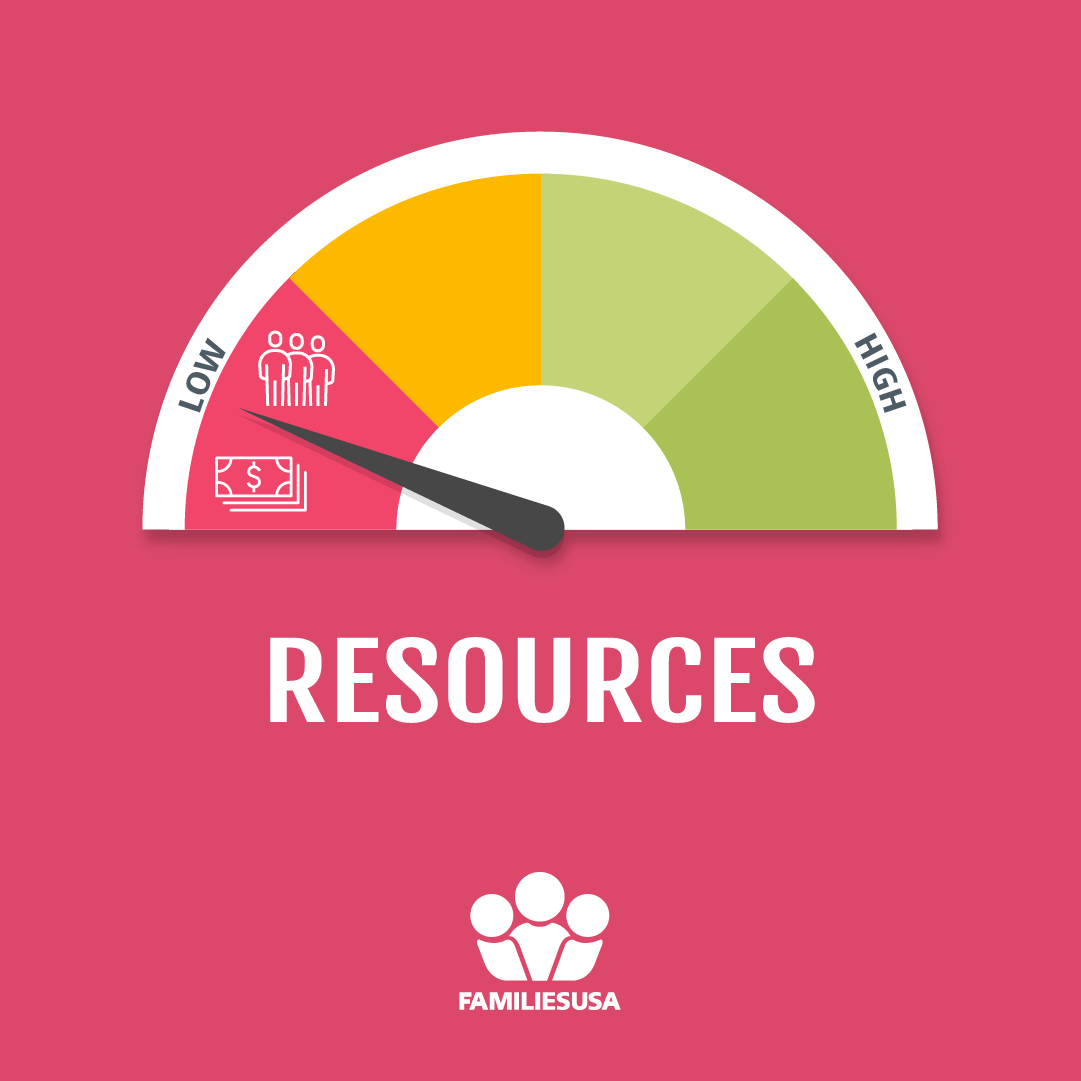
Senate Repeal Plan Could Hurt States’ Credit Ratings
By
06.29.2017
While states are balancing their budgets and beginning a new fiscal year on July 1, credit rating agencies are warning that the new health care repeal plan could put a dent in future credit ratings for state bonds, making it harder for states to routinely borrow the money they need for education, transportation and other vital state priorities.
Reuters reported that both Moody’s Investor Service and Fitch Rating, leading industry research and credit rating agencies, said the Senate bill, if passed, would be a “credit negative for states” and “cause states to face downward pressure on their credit ratings.” This echoes what these two top credit ratings agencies said about the House-passed bill.
That’s not surprising since both bills gut the health care market place, take a wrecking ball to Medicaid, and pass massive costs onto states.
The Senate bill is particularly bad for state credit ratings because it cuts $772 billion in federal dollars from Medicaid. Those are costs states are going to have hard time absorbing. As an analyst in Fitch pointed out, the bill isn’t just about the Affordable Care Act, it’s about radically changing Medicaid.
“[I]t’s Medicaid repeal and replace. Medicaid is a more than 50-year-old program, a partnership between states and the federal government, and both the Senate bill and the House bill propose really fundamental restructuring of how that program is funded,” Eric Kim, Fitch’s director of U.S. public finance, told Reuters.
States have always been able to count on reliable federal support for their Medicaid programs and the Senate bill upends that.
Why do credit ratings matter to states? A lower credit rating can make it harder and more expansive for state to borrow money, which can make it more expensive for states to undertake new projects—like infrastructure improvements. Higher borrowing costs can get passed on to state residents in higher taxes or reduced services in other areas, or improvement projects may just never happen. That can hurt state economies.
This recess, be sure to ask members of Congress who are home this week whether they support a bill that not only takes health coverage away from 22 million people, but which also hurts state economies.



